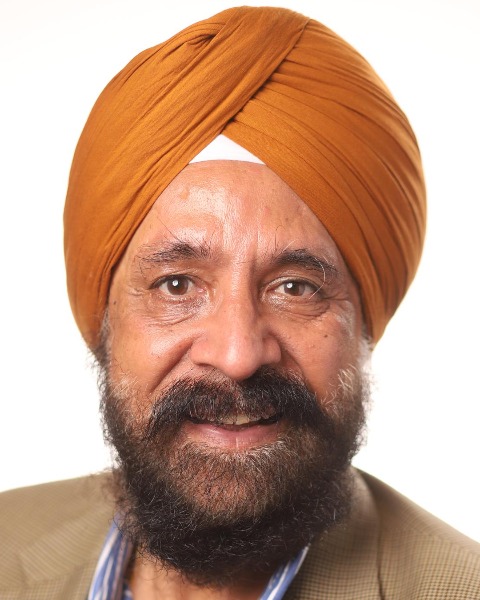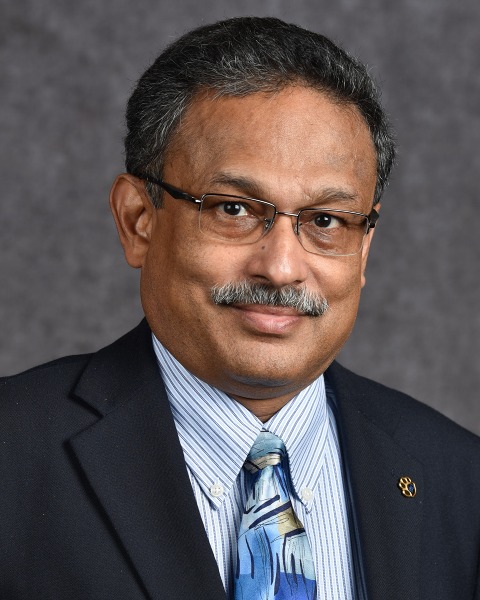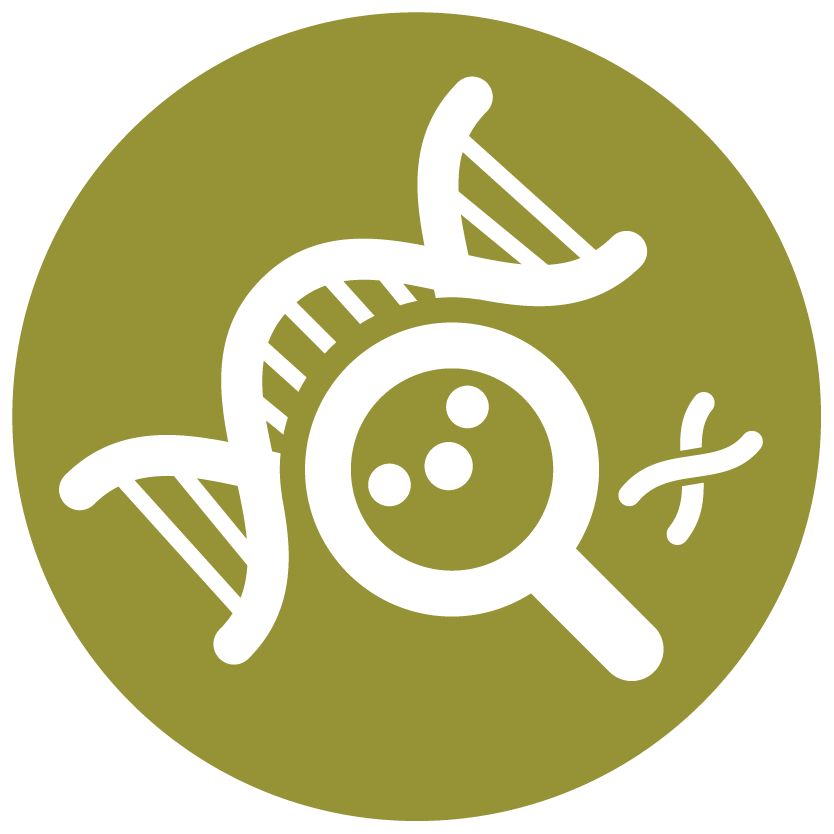Discovery and Basic Research
Speaker Spotlight: Exosomes: Oral Delivery for Cancer Therapeutics: Is This possible?
-

Mandip sachdeva, PhD, FAAPS
Professor
Florida A & M University
Tallahassee, Florida -

Sudip Das, PhD (he/him/his)
Professor of Pharmaceutics & Drug Delivery
Butler University, College of Pharmacy & Health Sciences
Indianapolis, Indiana
Spotlight Speaker(s)
Moderator(s)
Exosomes are natural membrane-bound nanovesicles that offer distinct advantages, such as low immunogenicity and toxicity, high biocompatibility and the ability to cross the blood-brain barrier. These nanovesicles are suggested as efficient alternatives to synthetic drug carriers. Further, accumulating evidence has demonstrated that exosomes are capable of transferring DNA, RNA and proteins from one cell to another, playing a fundamental role in cancer.. These properties make exosomes suitable biomarkers for clinical use and concurrently give novel avenues in the field of nanomedicine as drug carriers. Several cell based sources have been utilized for generation of exosomes for e.g. Human umbilical cord derived mesenchymal stem cells(HuMSCs), induced pluripotent stem cells (IPSCs), Natural Killer derived cells , Dendritic cells, macrophages etc. The exosomes derived from cell based sources are mostly given by parenteral routes. There is also a possibility of getting exosomes from cow, camel or goat milk which can be given orally. We have been working with Exosomes from various sources like HuMSCs, IPSCs and camel and goat milk and have used them to delivery variety of molecules like Cannabinoids, Protacs and other drugs. We could significantly enhance the bioavailability of Protacs and cannabinoids by the use of camel milk exosomes and also tracked their uptake in the gut. This presentation will cover the various aspects and processes involved in developing these exosomes, their scale up, proteomics analysis and their outcomes in in vitro 2D and 3D moles and also xenograft tumor model studies by various routes of administration especially the oral route. Further, the possible molecular mechanisms involved would also be discussed.
Learning Objectives:
- Understand the process of extraction of exosomes from milk/cells based sources
- Understand the oral pharmacokinetics of milk based exosomes
- Delivery of Protacs or cannabinoids by using milk based exosomes to tumor cells
- techniques to tracking of exosomes in the gut
- understanding the distribution of exosomes to tumors in tumor bearing animals after oral administration

